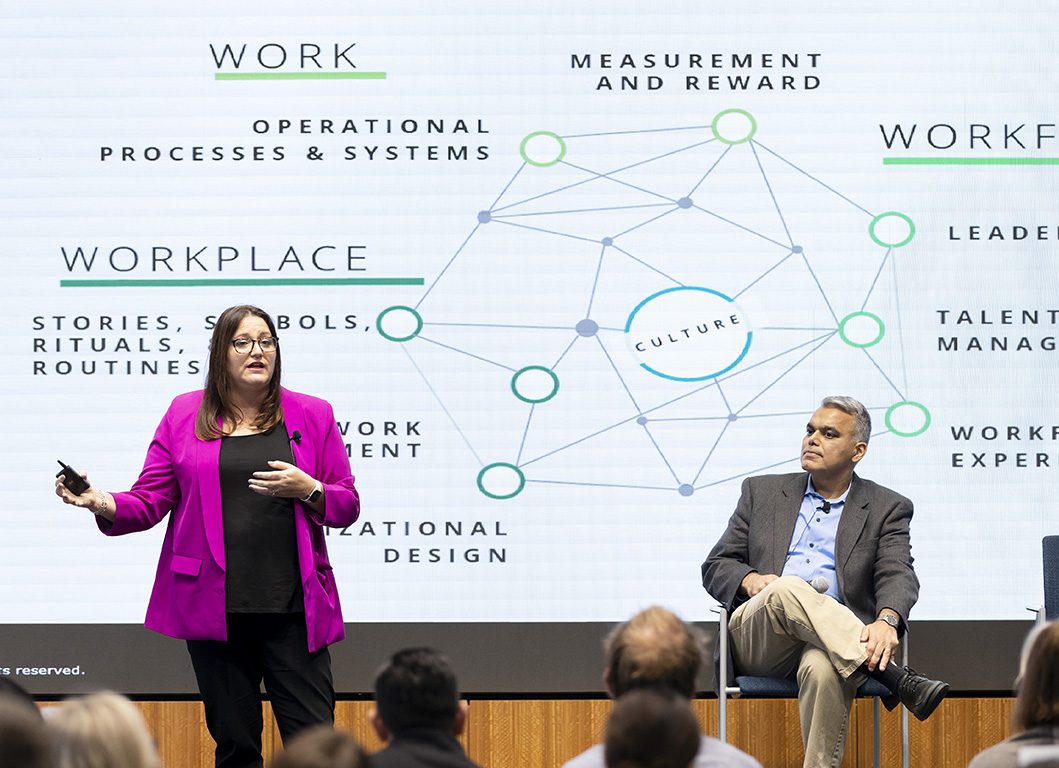
Strategies to build organizational culture in a world fundamentally changed by the pandemic were the focus as academics and executives came together at this year’s Berkeley Culture Conference.
The fifth annual conference, back in person after two years of virtual gatherings, was launched by Professors Jennifer Chatman and Sameer Srivastava in 2019. It is the flagship event of their new initiative to build a center of gravity for a new generation of organizational culture research—and ultimately, to help organizations function more effectively. Since then, the initiative has offered research partnerships and grants, forums and speaker events, and evolved to become the Berkeley Culture Center (BCC).
“Looking back at our start in 2019, we couldn’t have known that we were about to experience a global pandemic, widespread social upheaval, and massive changes in the world of work,” said Chatman, who is the Paul J. Cortese Distinguished Professor of Management and serves as Associate Dean for Academic Affairs. “With these rapid changes, it is more important than ever to understand how to help organizations build the most inclusive and effective cultures that will not only provide strategic clarity about ‘how we do things around here,’ but also help people stay connected to the mission and values of the company.”
“Looking back at our start in 2019, we couldn’t have known that we were about to experience a global pandemic, widespread social upheaval, and massive changes in the world of work.” —Jennifer Chatman
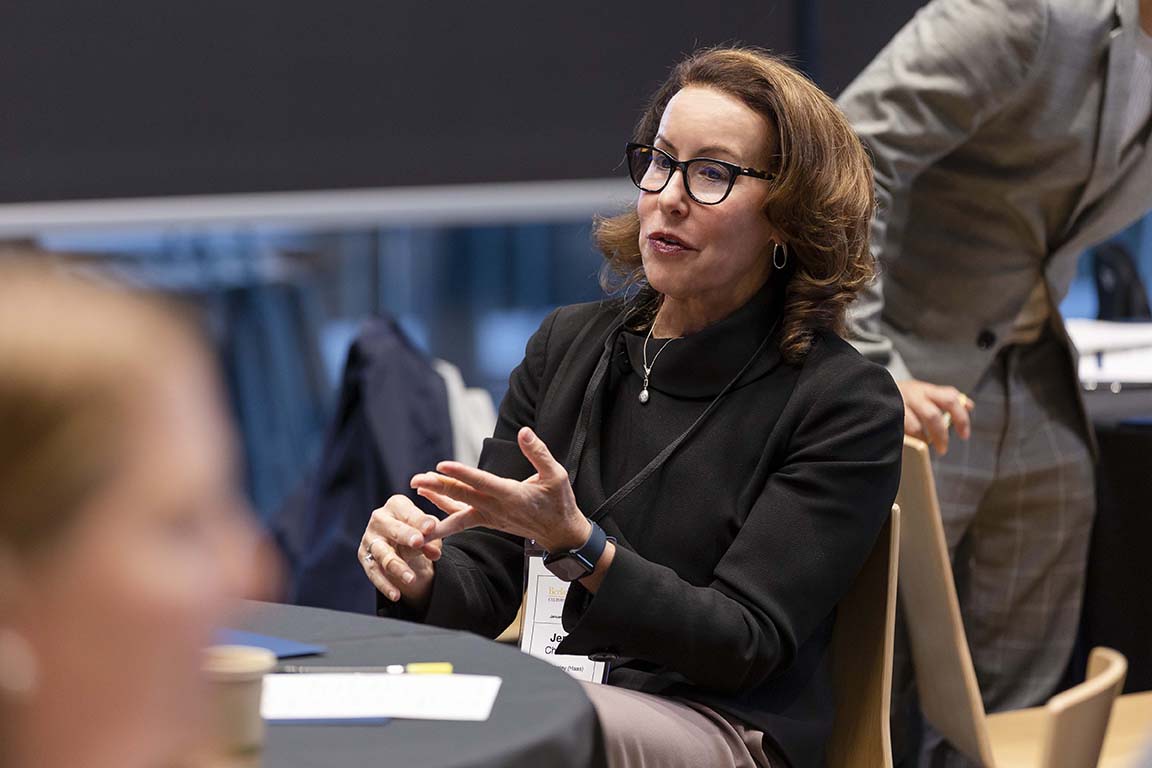
“Our goal from the start has been not only to advance scientific understanding, with new data sources and methods, but also to make this work relevant to leaders at organizations around the nation and world,” added Srivastava, who co-directs the center with Chatman and is the Ewald T. Grether Professor of Business Administration and Public Policy. “As workplaces grow ever more diverse, and people work together in new ways, senior executives need to understand how to address the challenges that arise and how to lead change—particularly as they navigate the rapid technological and structural changes to workplaces that we expect in the next five years.”
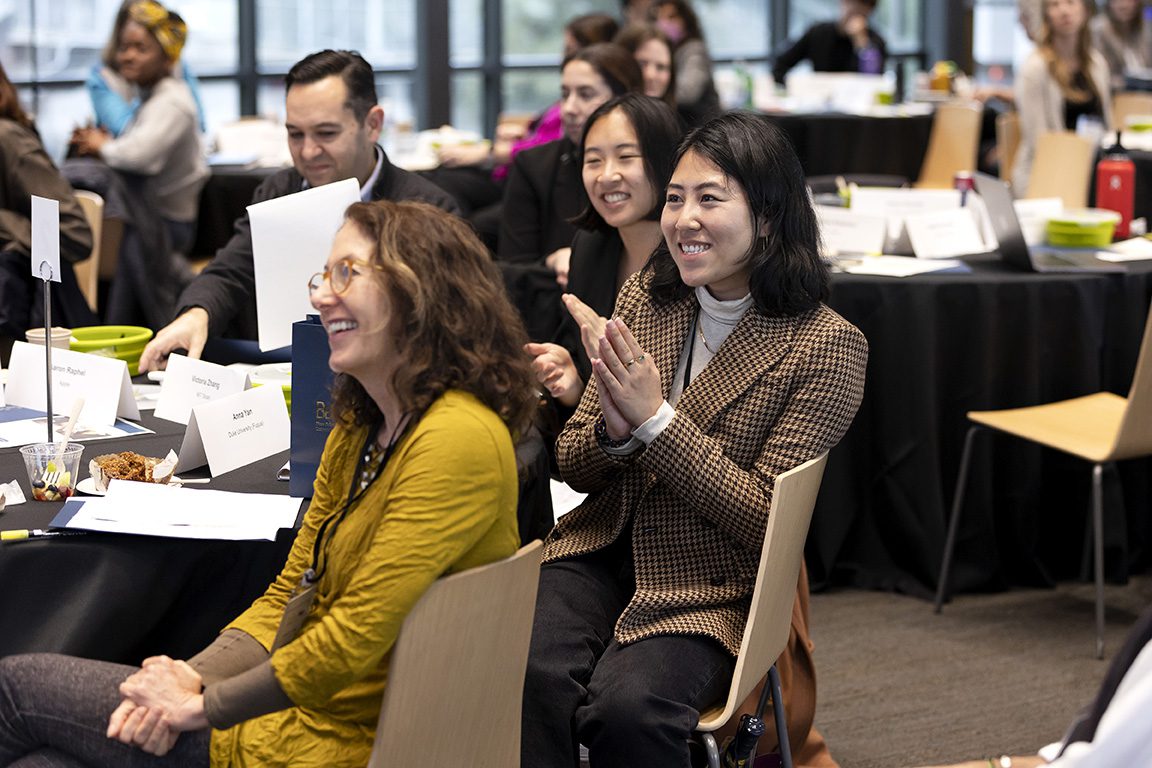
To support these objectives, Srivastava said BCC is in the process of launching two “megastudies”—randomized controlled trials of different culture-change interventions that are simultaneously implemented across multiple organizations. These will “yield rigorous insights into how leaders can proactively shape culture in the context of a rapidly evolving workplace.”
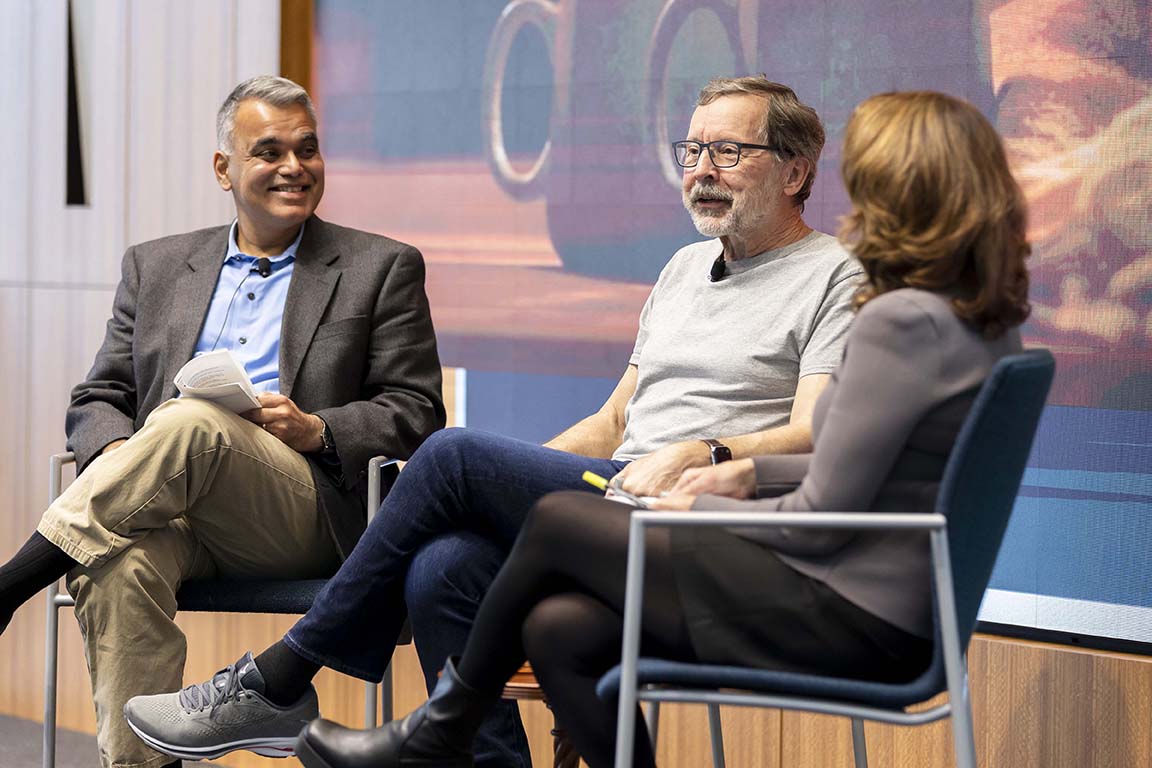
The 2023 conference included more than 25 presentations, with the first day focused on scholars from the fields of economics, psychology, sociology, and strategy. Day two brought together industry leaders with presentations on managing cultural change in hybrid environments, coaching leaders to be change agents, and the most effective approaches to diversity, equity, inclusion and belonging. Speakers included Scott Uzell, CEO of Converse; Harvard College Dean Rakesh Khurana; and Pixar Animation Studios Co-founder, Ed Catmull.
Chatman and Srivastava also introduced the Berkeley Culture Center’s first Executive Director, Kristen Barbarics. “I’m excited to see the center grow into its potential and, ultimately, create positive and powerful shifts in company culture across the nation and the world,” Barbarics said.
Conference organizers received a record 75 paper submissions this year, reflecting its reputation as a “go to” place for academics to share their latest research. They awarded the Edgar Schein Best Student Paper Prize to two doctoral students: 1st place went to Victoria Yiluan Zhang of MIT Sloan for “The Class Gap in Organizational Culture;” Laura Fritsch and Alan D. Morrison of the University of Oxford won second place for their paper “Organizational Culture, Vocabularies, and Attention: An Experimental Approach.”
Check out more photos of the conference. (All photos by Brittany Hosea-Small.)
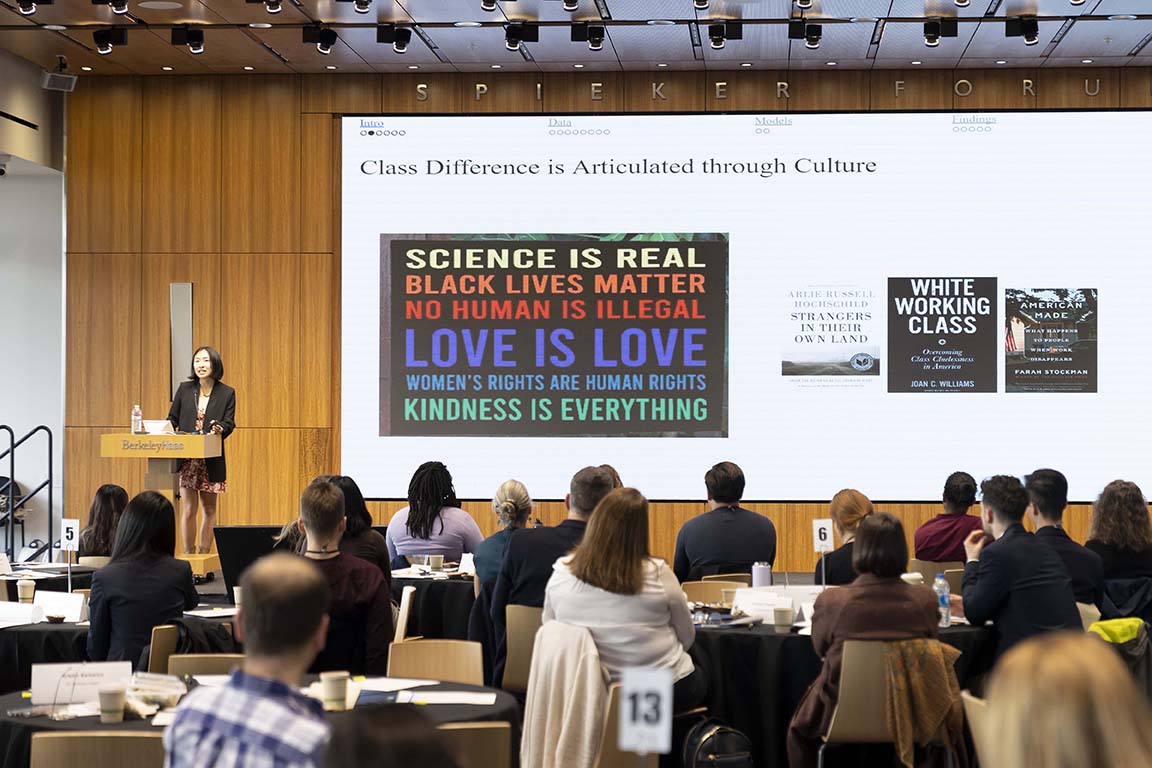
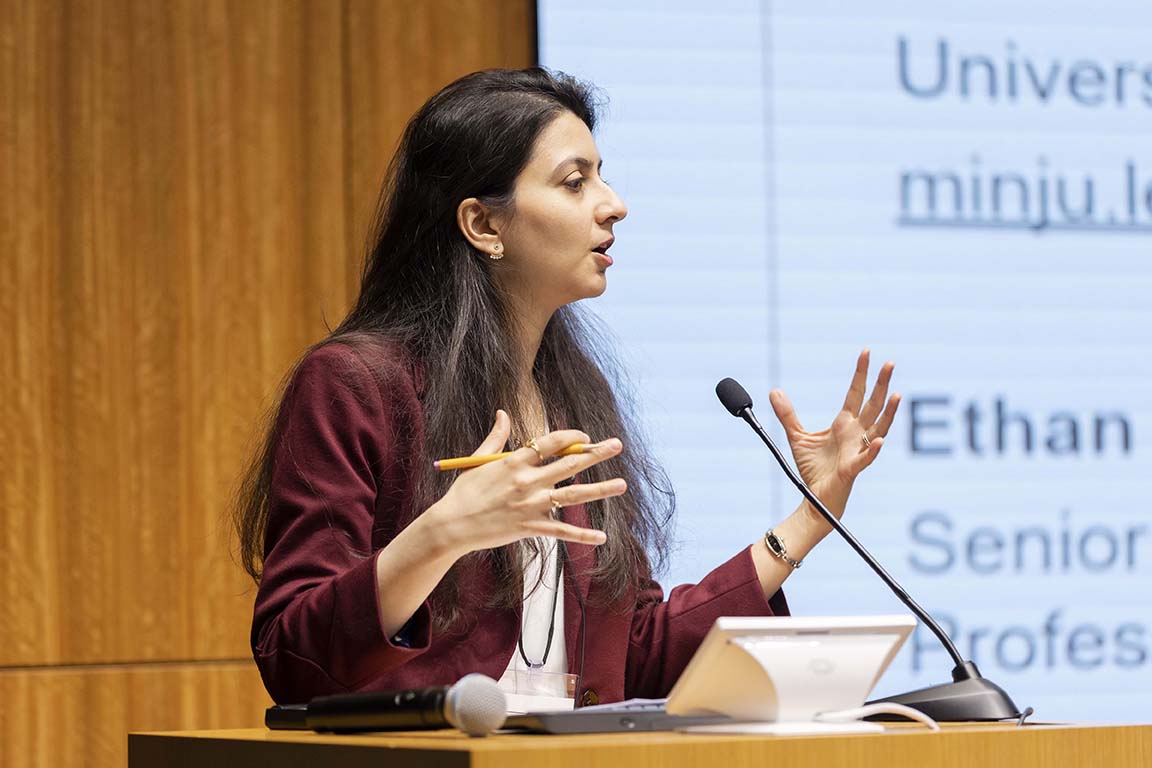
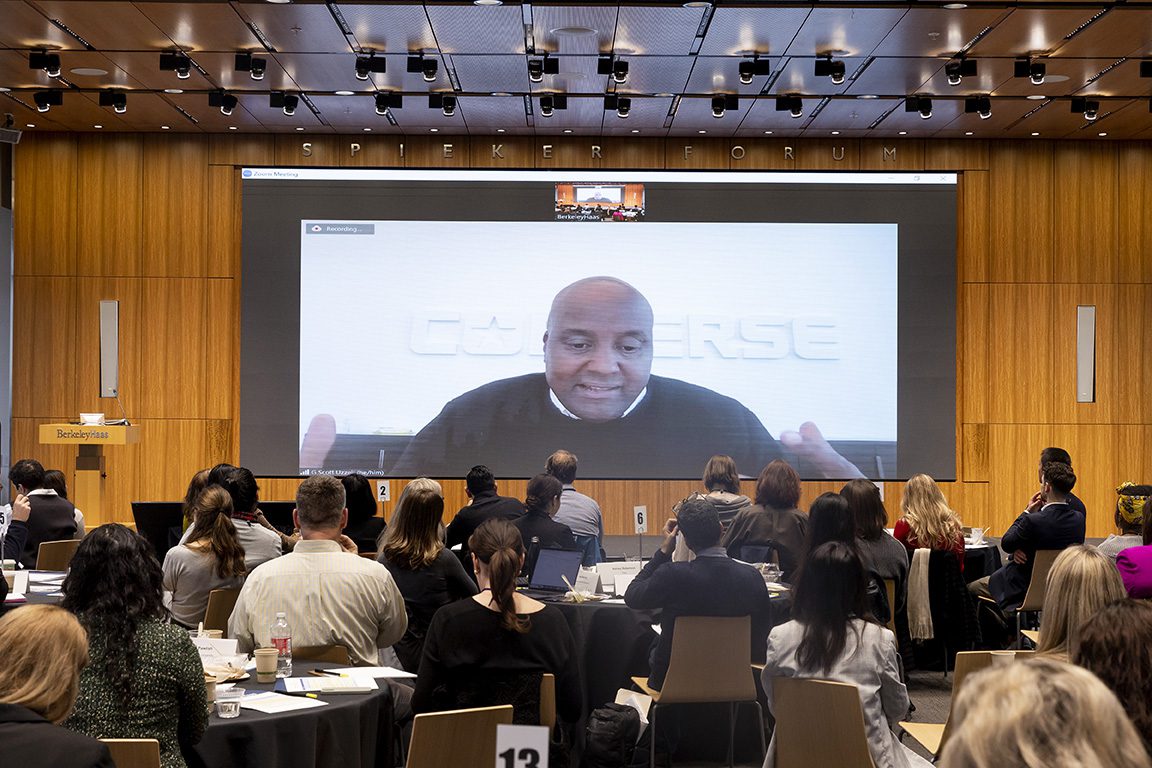
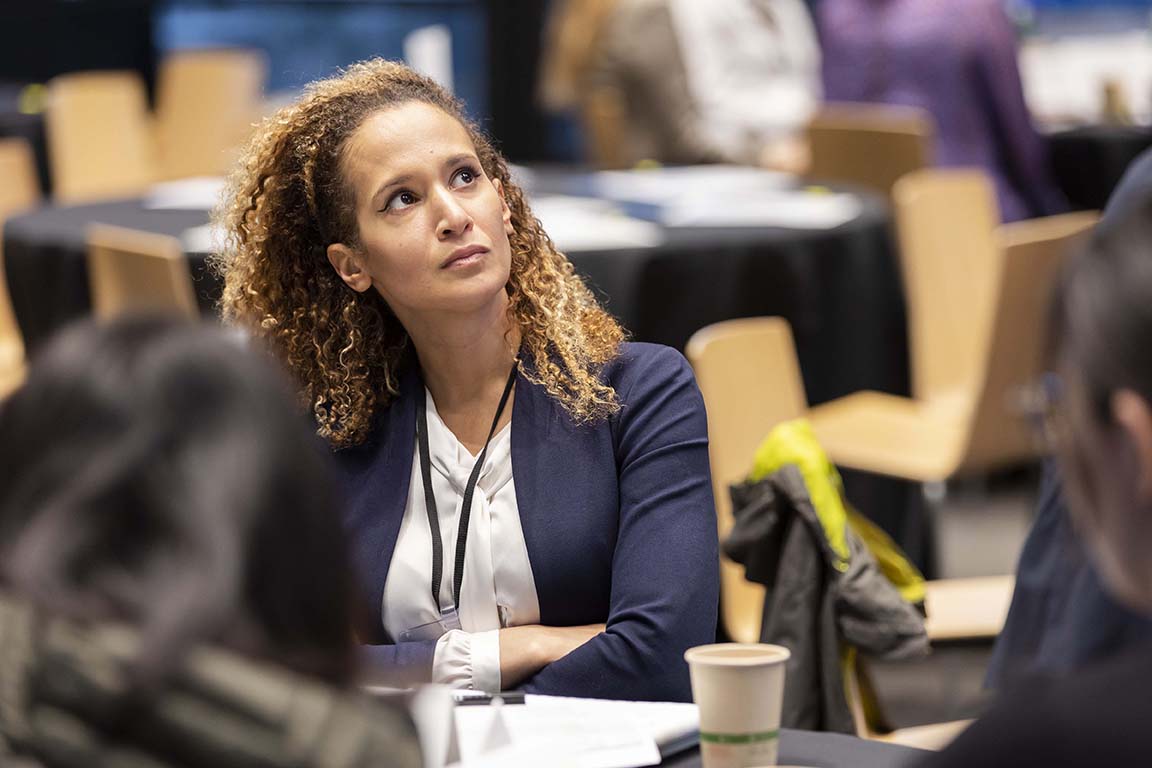
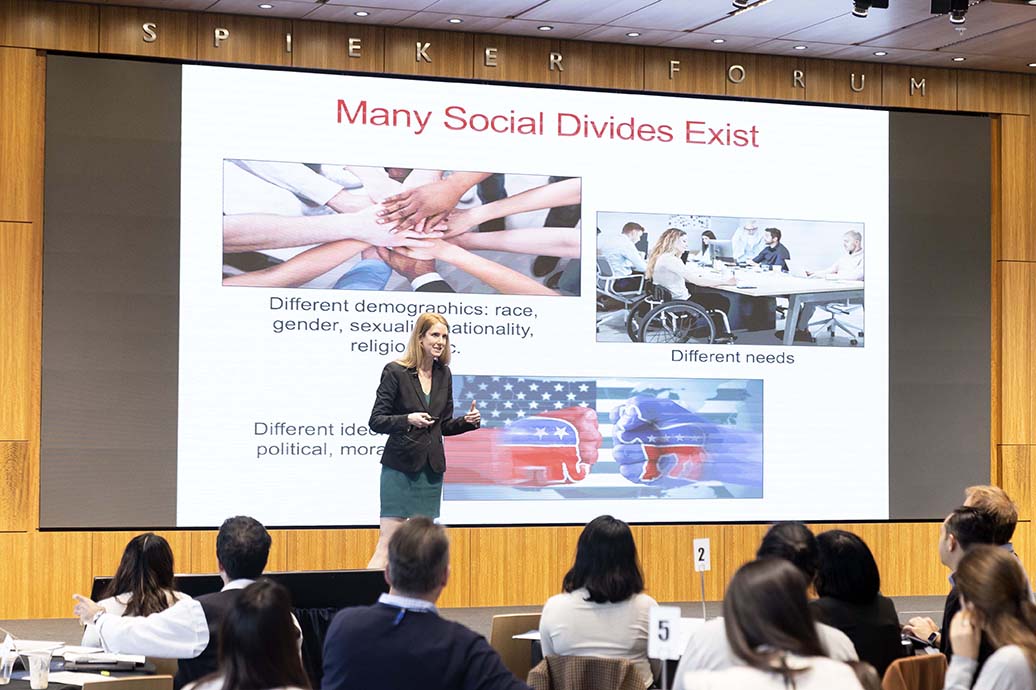
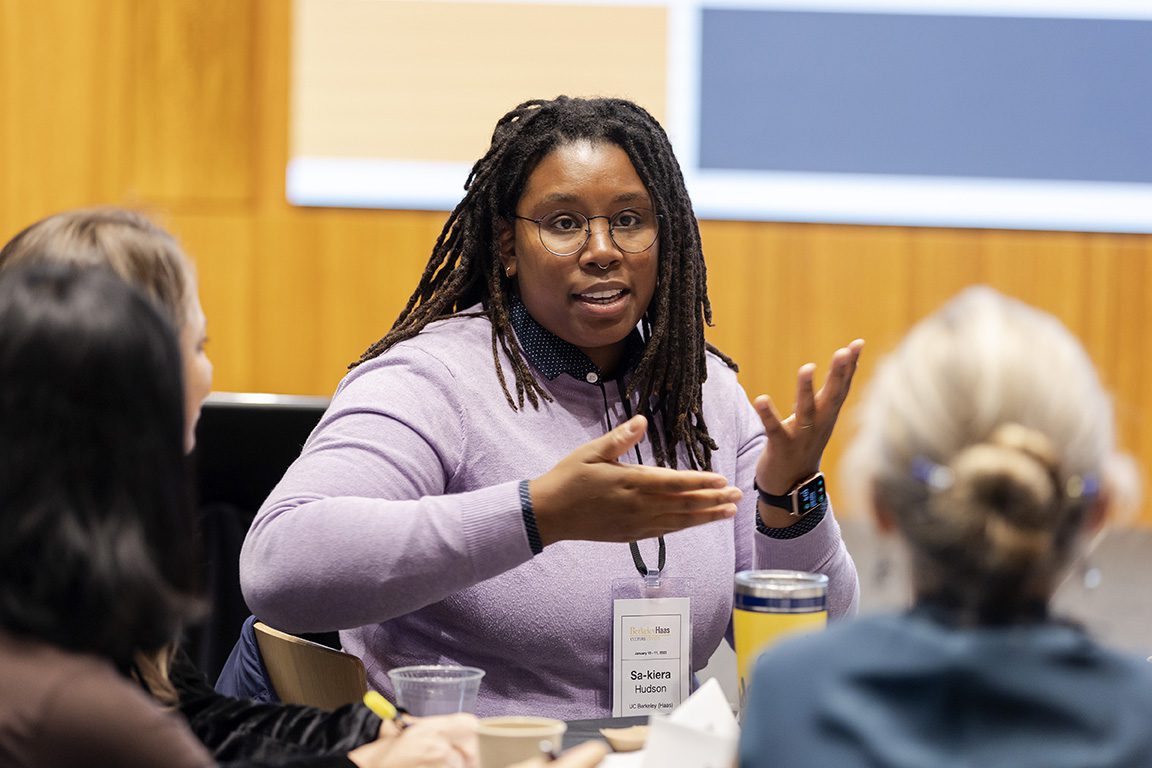
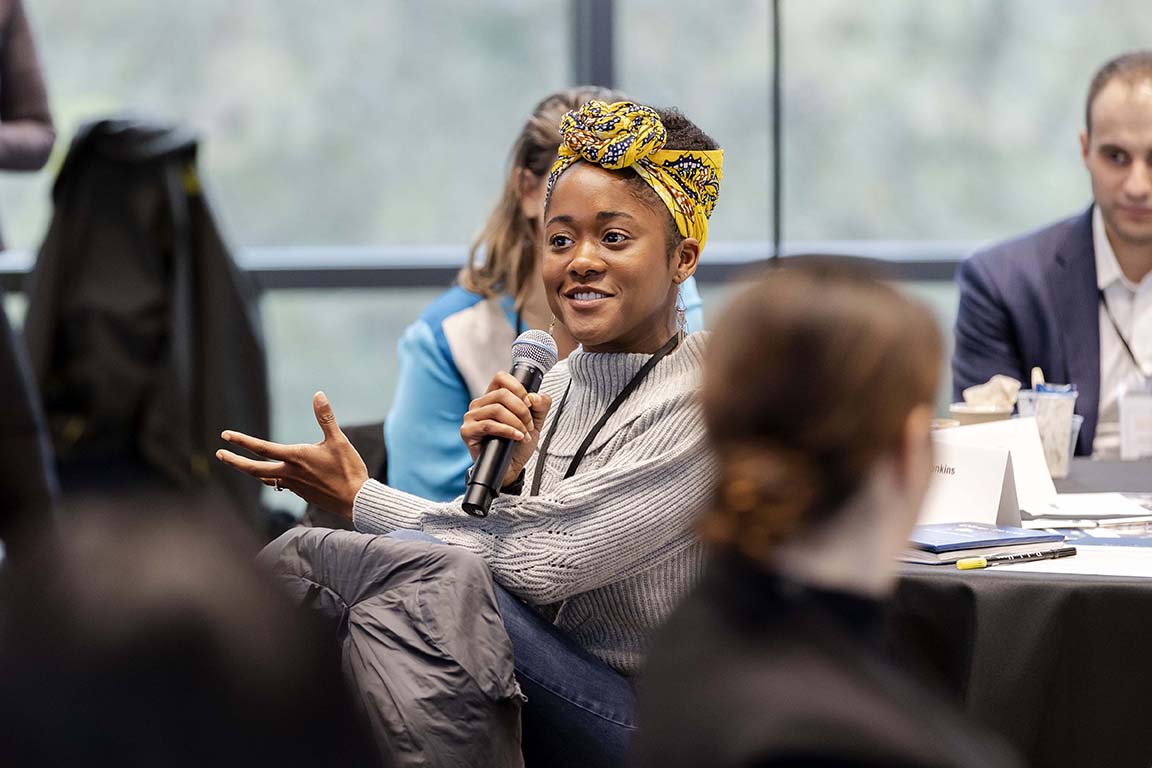
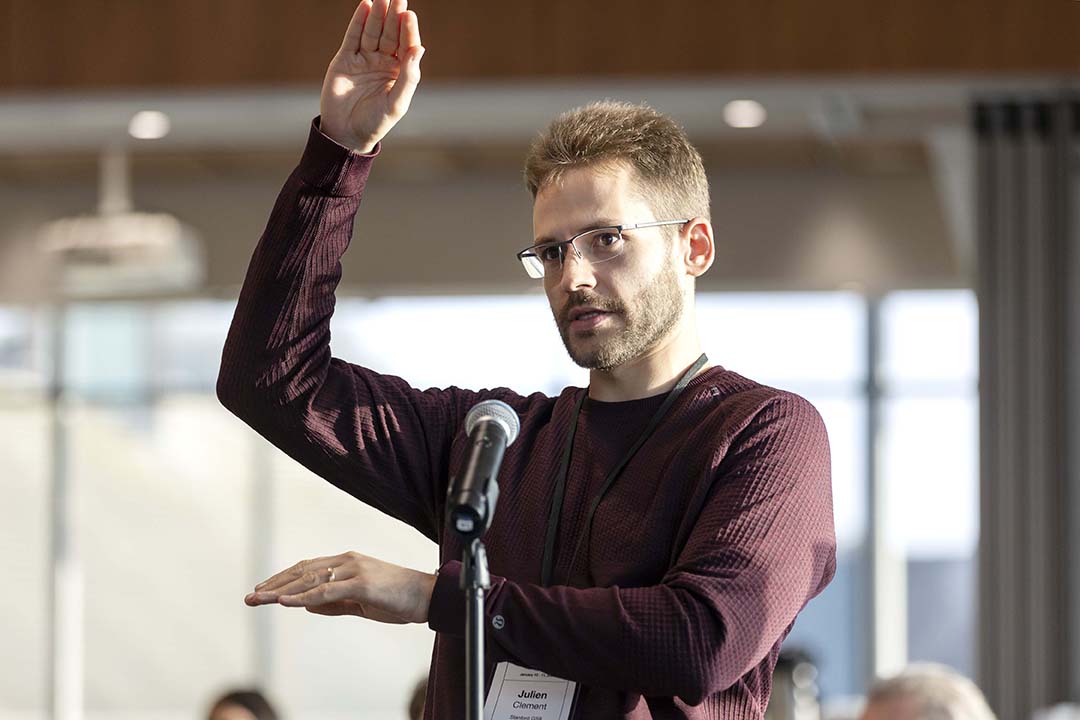
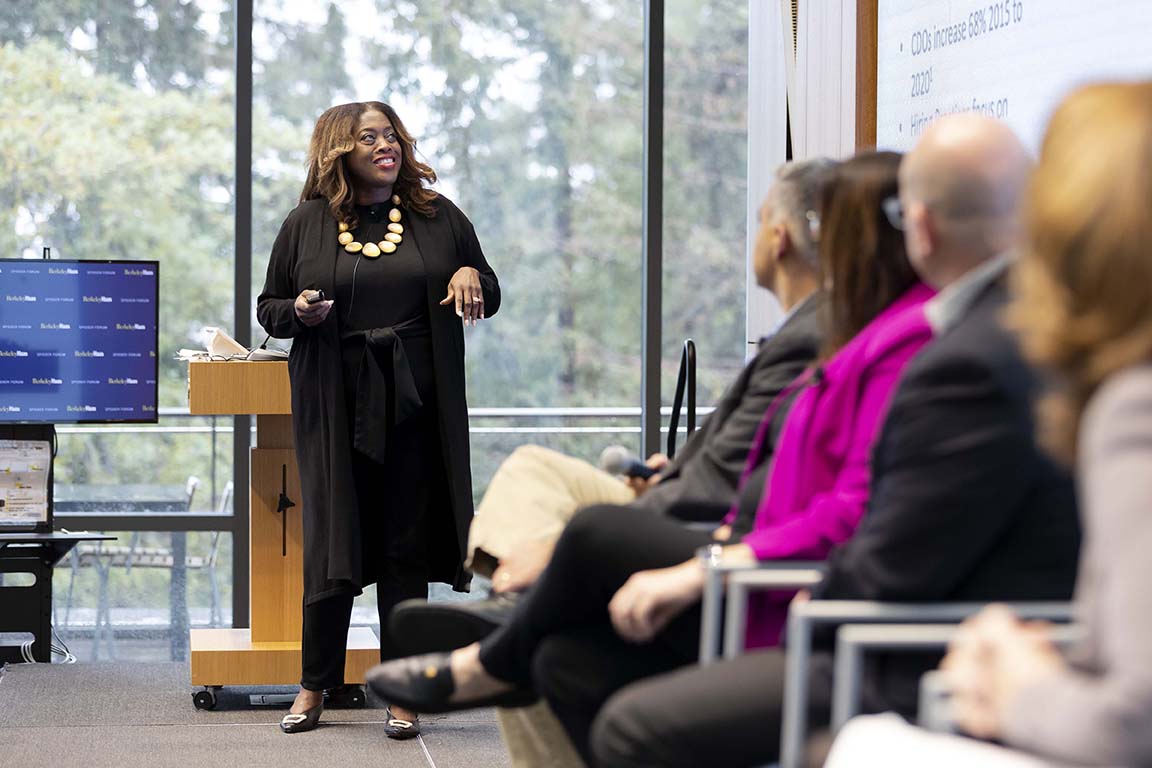
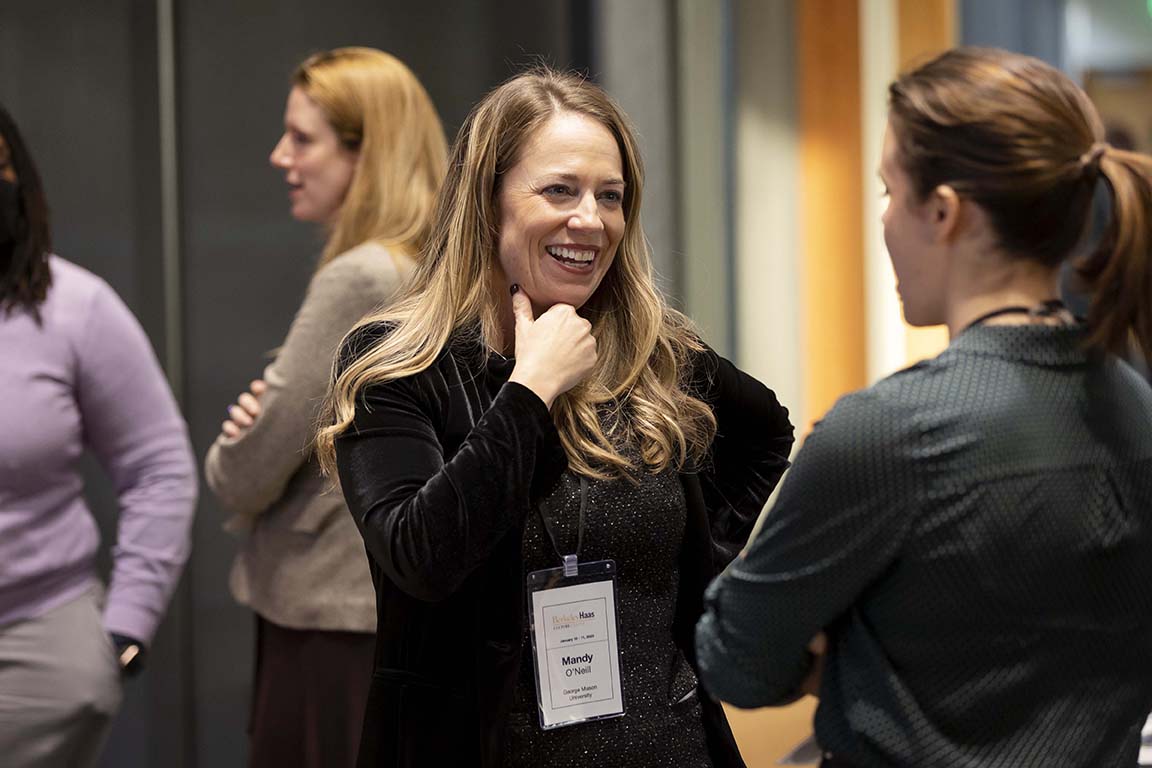
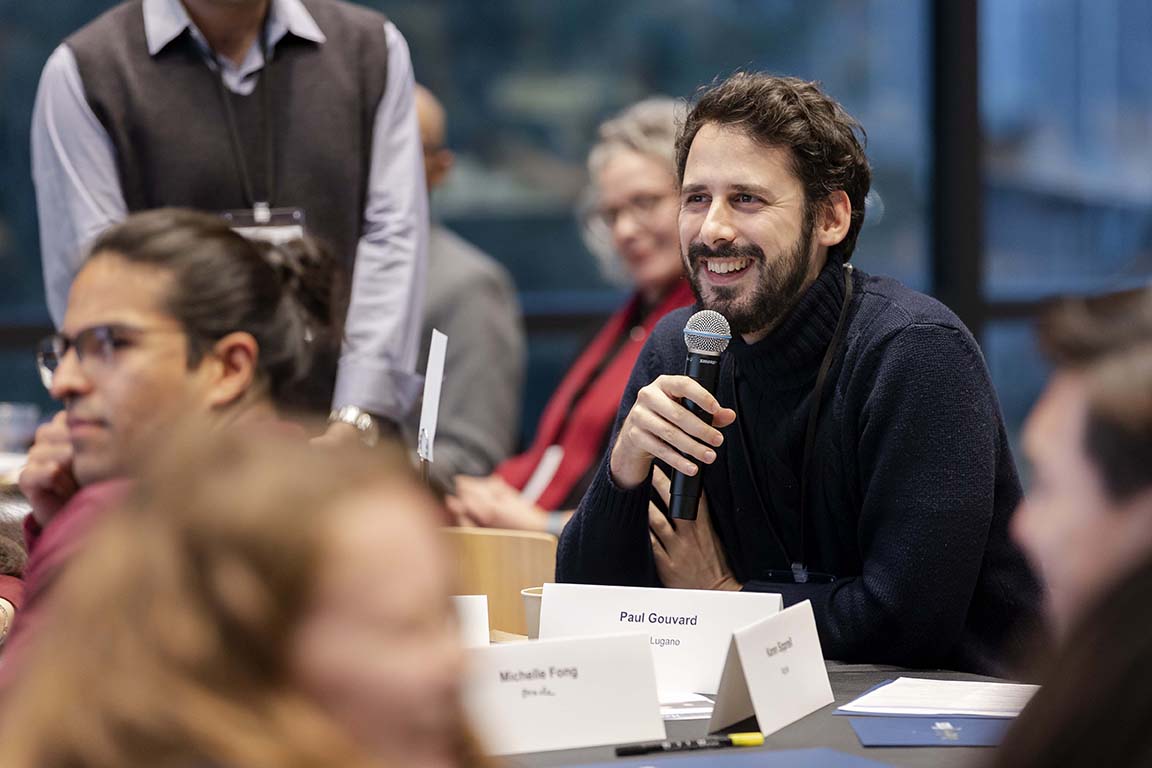
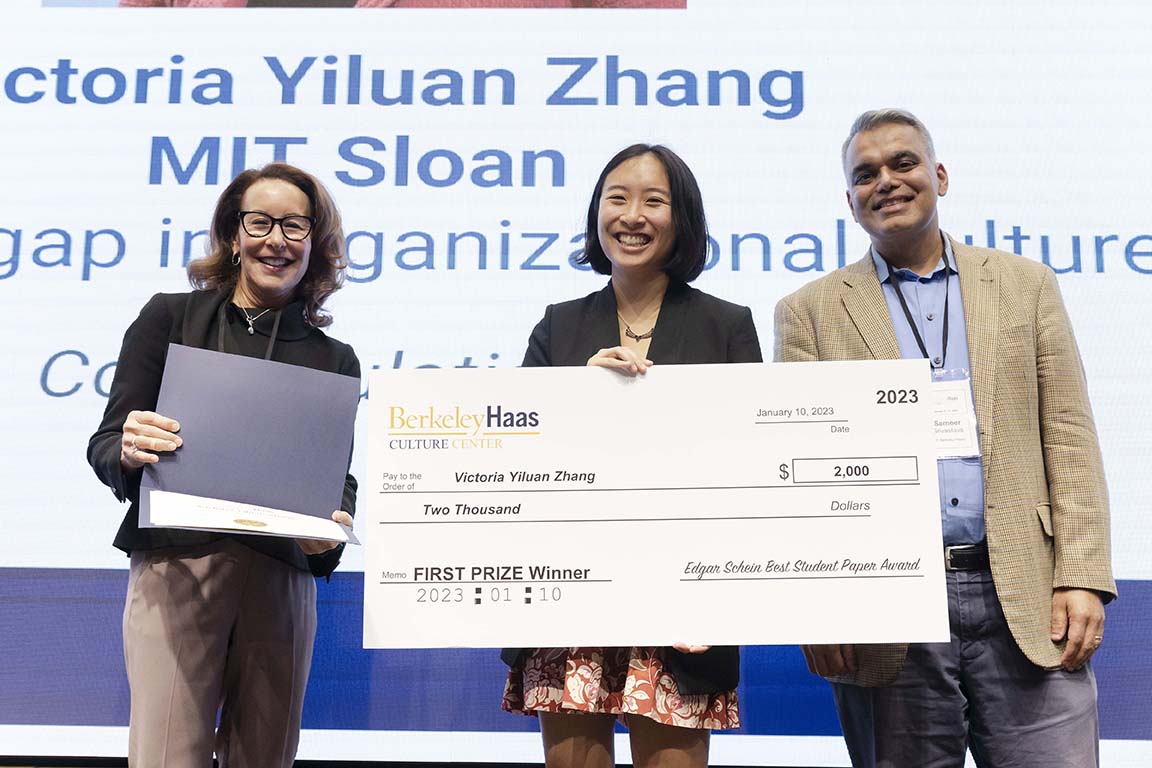
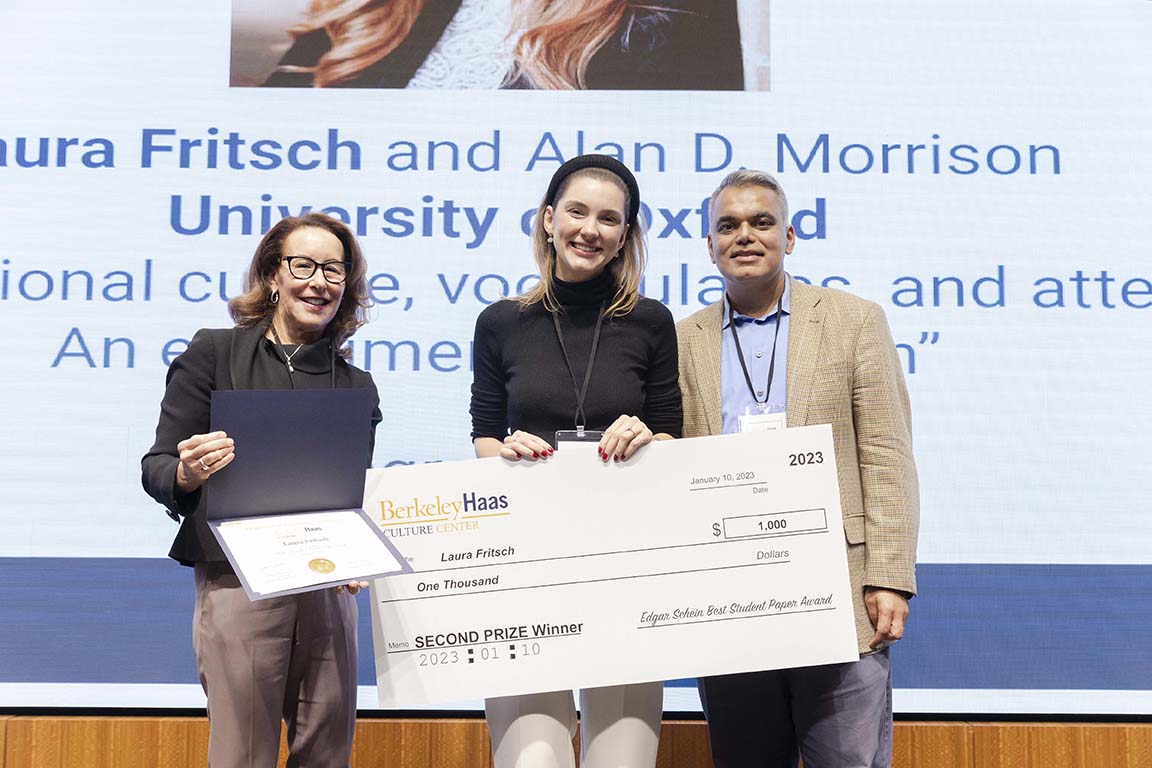
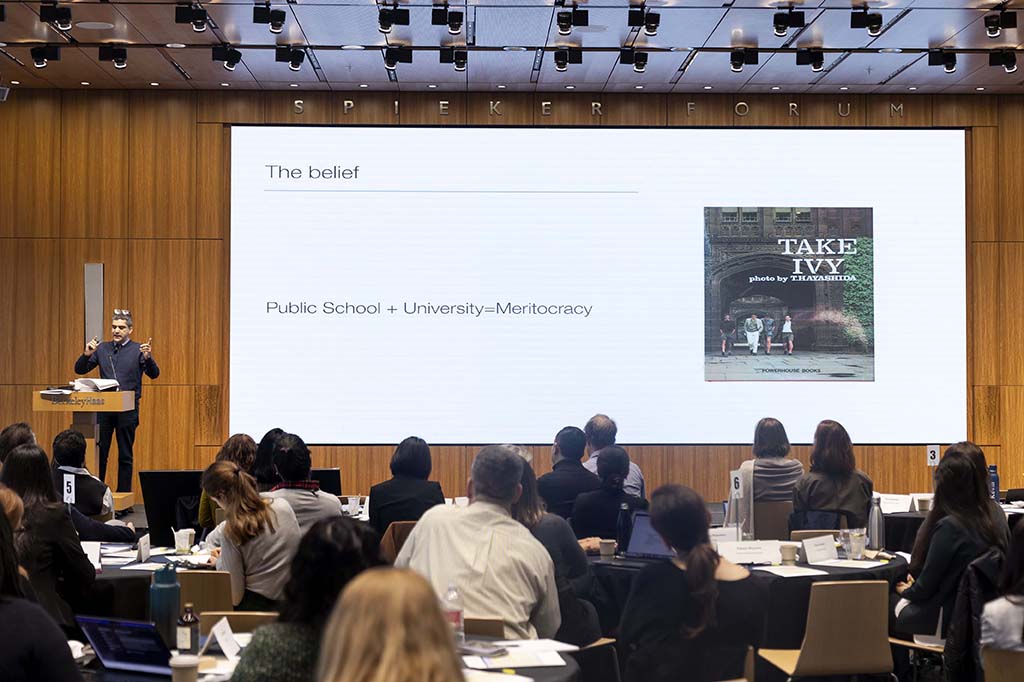
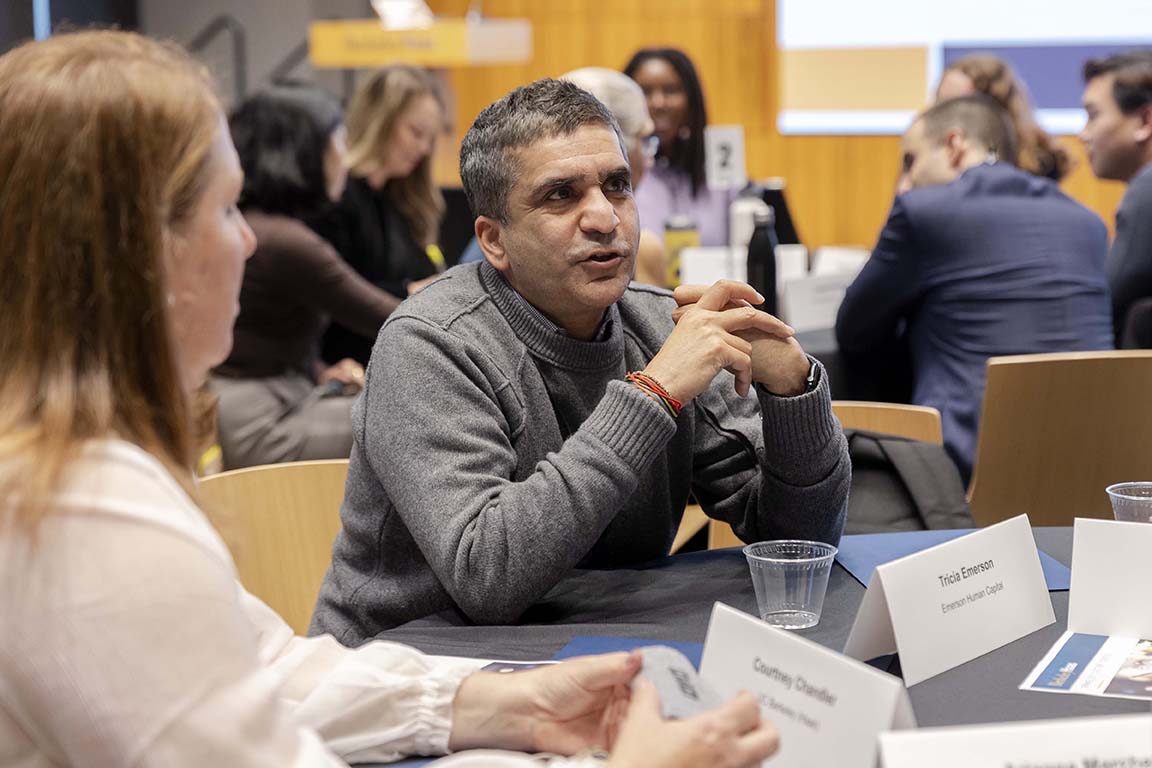
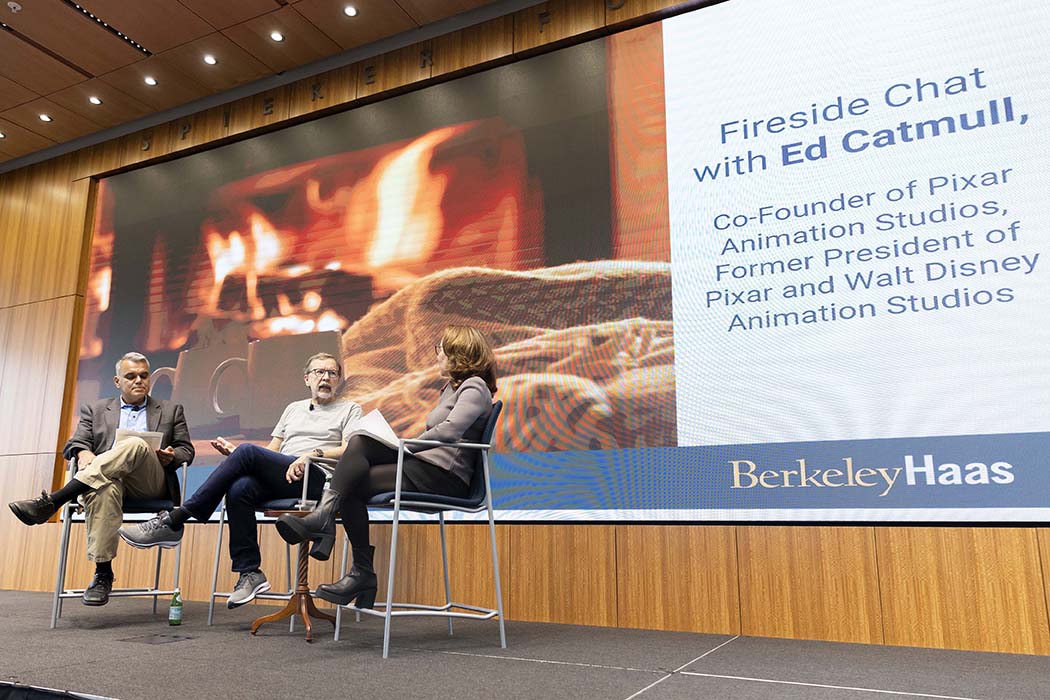
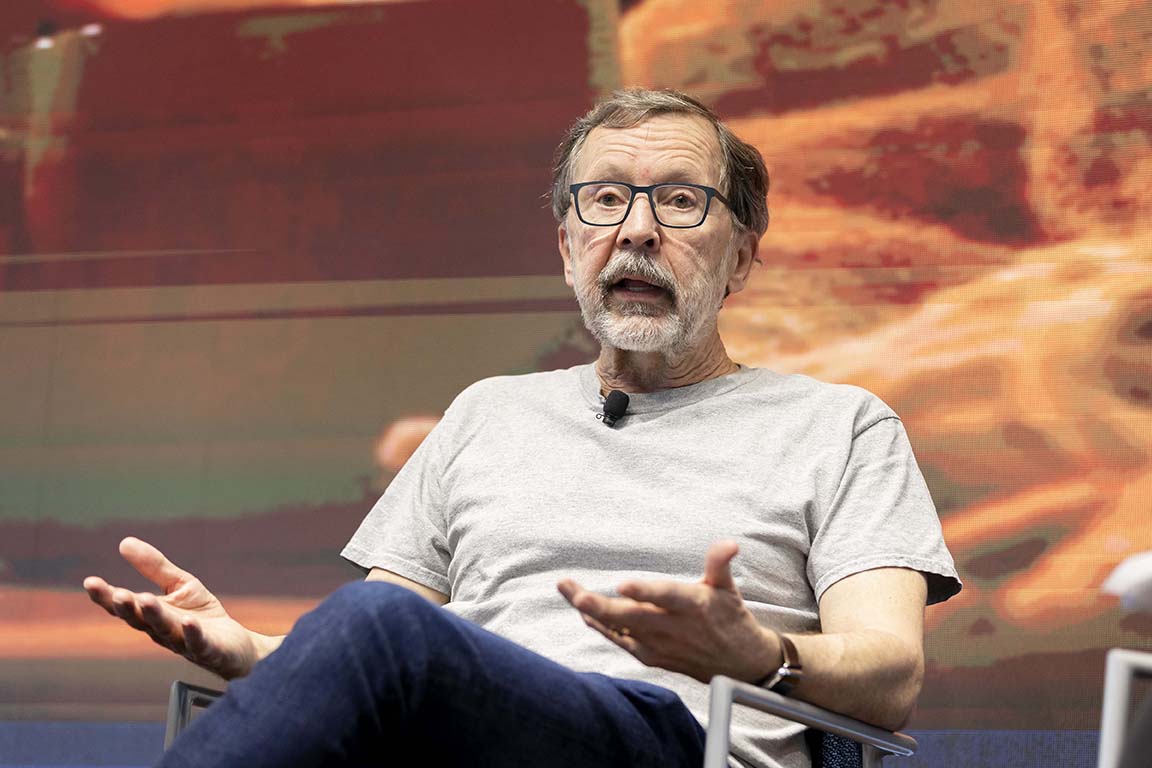
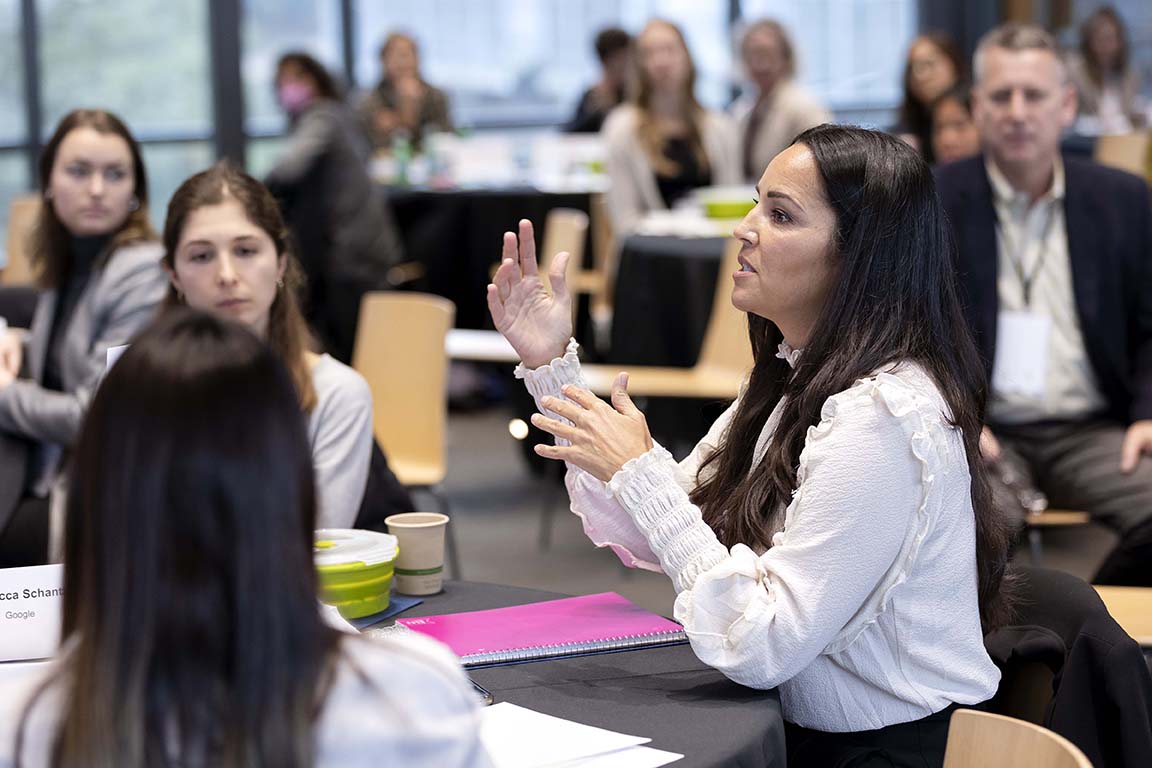
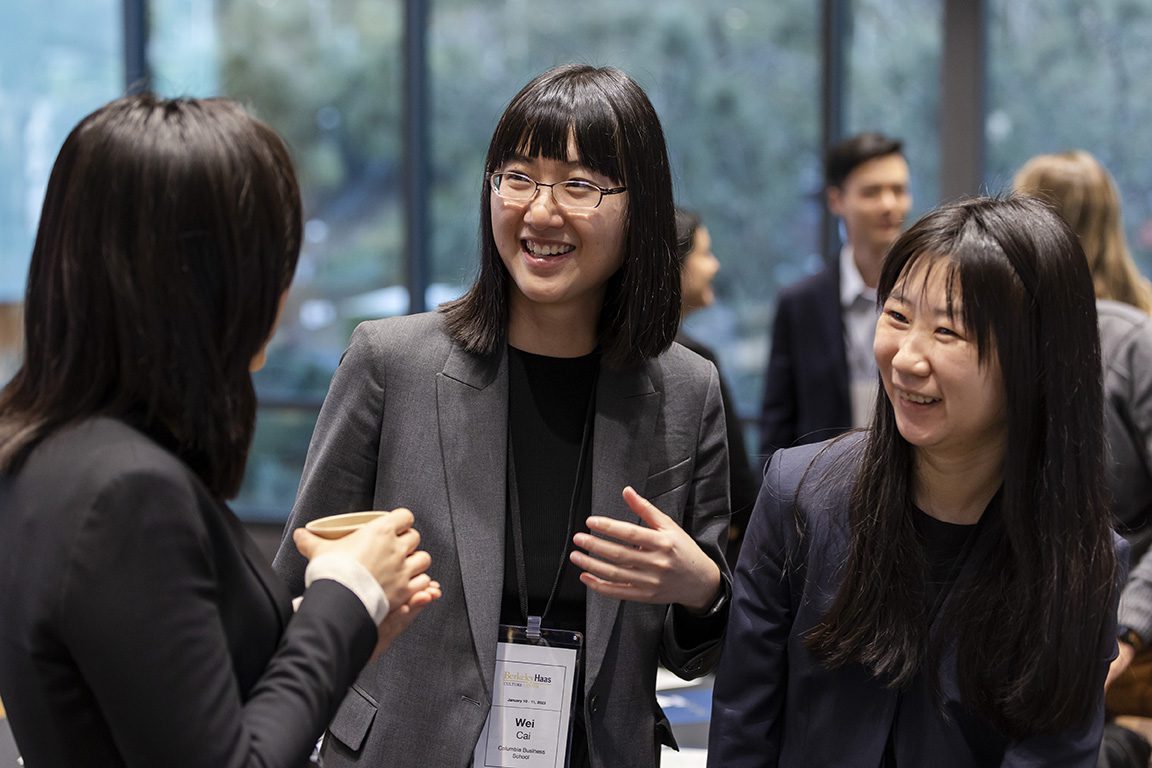
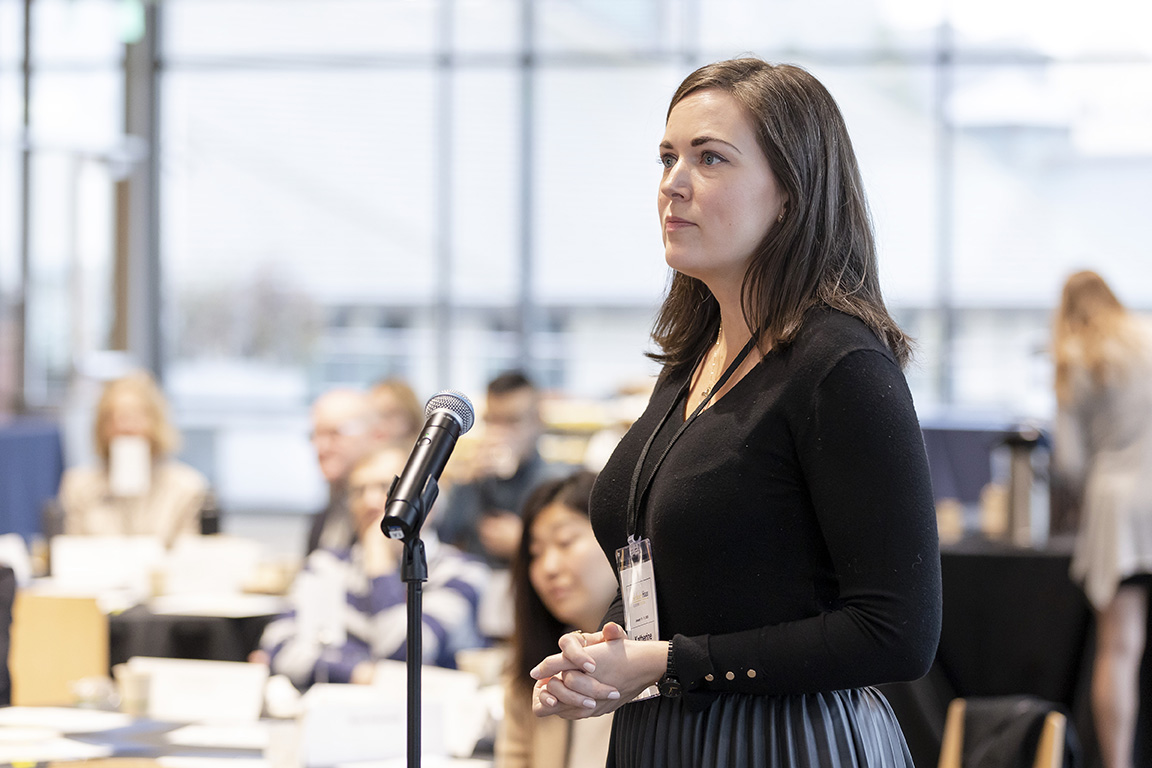
Find out more about the Berkeley Culture Center.